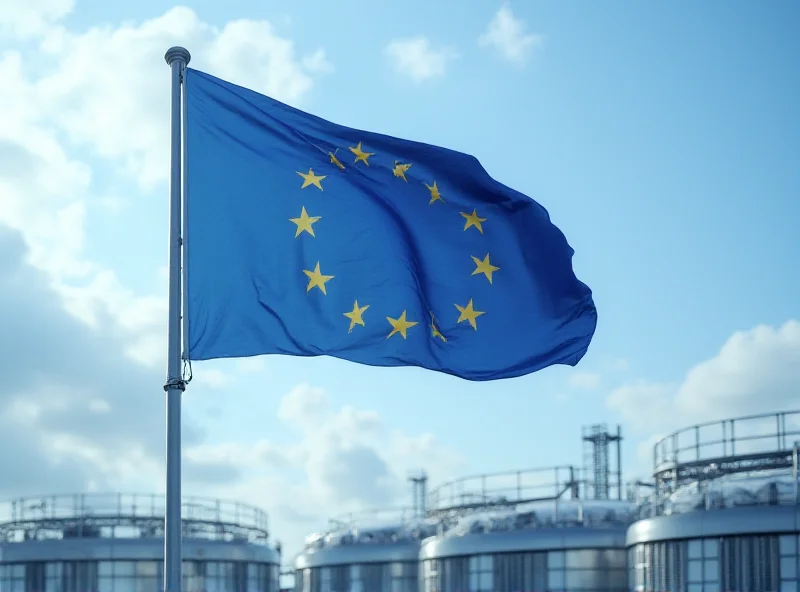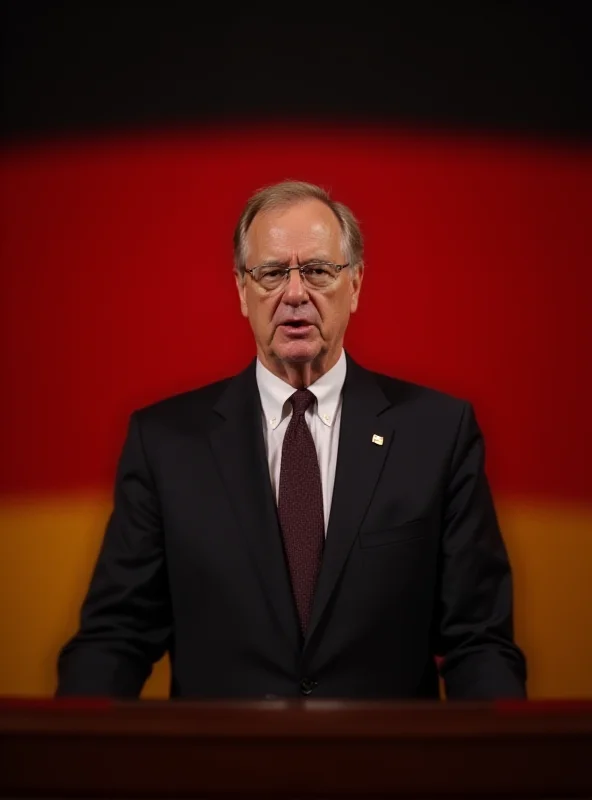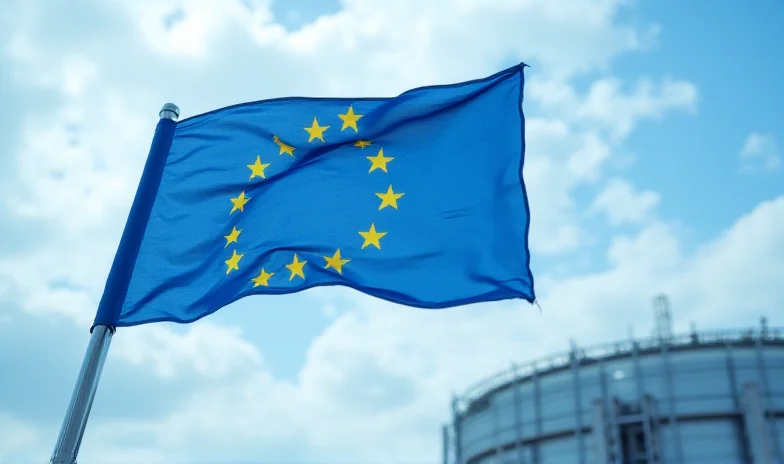The European Union is navigating a complex landscape of economic and political challenges, from internal disagreements over energy policy to external concerns about potential economic downturns in key trading partners. Recent developments highlight the tensions between member states and the Commission, as well as the ripple effects of policies enacted across the Atlantic.
Gas-Filling Goals Face Pushback
Despite resistance from some member states, the EU plans to propose maintaining mandatory gas-filling goals. Countries like Germany have voiced concerns that these targets could drive up gas prices, advocating for a more flexible approach. This internal debate underscores the difficulty in achieving a unified energy policy across the diverse economies and political priorities of the EU.

The pressure to secure energy supplies remains high, especially in light of geopolitical uncertainties. However, the EU must balance these security concerns with the economic realities faced by its member states. Finding a compromise that ensures both energy security and affordable prices will be crucial for maintaining unity and stability within the bloc.
EU Car Plan Aims for Flexibility
In other policy news, the EU Commission has unveiled its plan for the automotive sector, reaffirming its core objectives while introducing greater flexibility in how these goals are achieved. According to an 18-page document, the Commission will prioritize emissions reductions, but will also consider alternative methods, including fines, to encourage compliance. This approach signals a willingness to adapt to the evolving technological landscape and the diverse needs of the automotive industry.
“The priorities are reiterated, but there are openings regarding how to achieve them,” the document states, hinting at a more nuanced approach to regulation. This flexibility could be crucial in fostering innovation and ensuring a smooth transition to a more sustainable automotive sector.
Germany Seeks Defence Spending Exemption
Adding to the complexities, Germany is seeking a long-term exemption from EU defence spending requirements. Led by Friedrich Merz, this move reflects Germany's efforts to recalibrate its defense strategy within the broader European context. The request highlights the ongoing debate about burden-sharing and the allocation of resources within the EU’s security framework.

"Trumpcession" Fears Loom in the US
Across the Atlantic, investors are growing increasingly concerned about the potential for a "Trumpcession" in the United States. New tariffs on imports from Canada and Mexico, implemented by the Trump administration, have dampened consumer confidence and fueled fears of an economic downturn. While Commerce Secretary Howard Lutnick has hinted at a possible softening of the tariffs, President Trump has defended them as vital for protecting the nation's core values.

The uncertainty surrounding US economic policy is weighing heavily on investors. "They say it’s the hope that kills you, but for investors trying to make sense of the Trump administration’s economic policies, it’s the uncertainty," the article notes. The potential for a US economic slowdown could have significant repercussions for the EU, given the close trade and investment ties between the two regions.
These interconnected challenges – internal disagreements over energy and defense, evolving automotive regulations, and external economic risks – underscore the complex environment in which the EU operates. Navigating these issues effectively will be crucial for ensuring the bloc's continued stability and prosperity.
